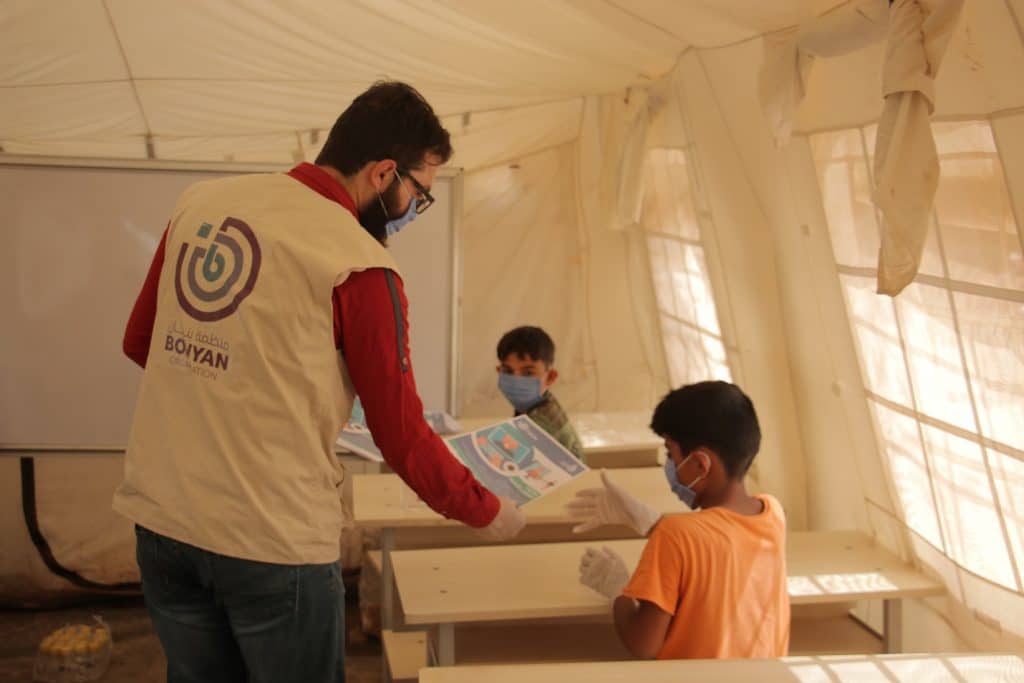Nowadays, everyone knows how important it is to maintain a healthy diet.
A healthy diet is essential for good health and nutrition. It promotes healthy pregnancy outcomes and supports healthy normal growth, physical and mental development, and healthy aging.
A healthy, nutritious diet not only helps you maintain healthy body weight but also reduces the risk of developing chronic disease leading to overall health and well-being.
Meaning of School Nutrition and Health Programme
Today, the school system is much aware of the importance of health and nutrition; therefore, education and health sectors have come together to enhance the health, nutrition, and education status of school-aged children (5-18) to bring awareness of good nutrition and health to young children, to help them make better health choices, which help them develop a nutritious, healthy life ahead.
Researchers have proven the link between nutrition and learning progress; students with better nutrition are better able to learn, have fewer absence days, and their behavior has improved noticeably, reducing disruptions in the classroom.

Objectives of the School Nutrition and Health Program
Several studies show that nutritional status can directly affect mental capacity among school-aged children and that malnutrition leads to behavior problems and have some profound negative impact on children’s behavior.
On the other hand, studies also show that good nutrition helps students be fully prepared at school, physically and mentally, to learn and develop because good nutrition makes children healthier, with a bigger ability to attend classes more frequently and focus on their growth and development.
Therefore, to adhere to the learning process, the health and education sectors have set strategic objectives for the school nutrition and health program, which are:
- Improve the use of School Health and Nutrition services by school children
- Improve a healthful school environment
- Improve health and nutrition behaviors and habits
- Improve and strengthen community support systems and policy environment.
Nutrition Education
Nutrition education is providing information about nutrition’s role in maintaining good health and how to make informed choices about the food we eat.
Nutrition education is essential because it can help people make healthier choices about the foods they eat and the nutrients they consume.
It can also help people understand the role of nutrition in preventing and managing chronic diseases, such as obesity, diabetes, and heart disease.
Some critical components of nutrition education include:
- Understanding the different nutrients and their functions in the body.
- Understanding the role of a balanced diet in maintaining good health.
- Understanding the concept of portion sizes and how they relate to energy intake.
- Knowing how to make healthy choices when eating out or choosing packaged foods.
- Understanding the role of physical activity in maintaining a healthy weight.
By providing nutrition education, individuals (parents and their children) can learn how to make healthier choices about the foods they eat, which can help improve their overall health and quality of life.

Health Education
Health education provides information and resources to individuals and communities to help them make informed decisions about their health and well-being.
It involves teaching people about healthy behaviors and lifestyles, as well as helping them understand how to access and use healthcare services.
There are many ways to deliver health education, including in schools, community organizations, and healthcare settings.
Health education can be provided through various forms of media as well, including in-person workshops and online resources.
Health education aims to improve the health and well-being of individuals and communities by empowering them with the knowledge and skills they need to make healthy choices.
It can help to prevent illness and health setbacks, promote healthy behaviors and lifestyles, and improve access to healthcare services.
The Role of the School and Parents
Schools and parents both play essential roles in health and nutrition education.
In school, students have the opportunity to learn about healthy behaviors and lifestyles through health education classes and programs.
These programs often include lessons on nutrition, physical activity, mental health, and other health-related topics.
Schools may also offer resources and support to help students develop healthy habits, such as providing nutritious meals and snacks, promoting physical activity, and offering mental health services.
Parents also play a crucial role in their children’s health and nutrition education.
They can model healthy behaviors and lifestyles for their children, provide a healthy home environment, and encourage their children to make healthy choices. Parents can also teach their children about healthy habits and behaviors through discussions and by setting limits on unhealthy behaviors, such as limiting screen time and encouraging physical activity.
Overall, both schools and parents have the opportunity to play a significant role in helping children develop healthy habits and behaviors that will benefit them throughout their lives.
FAQ
What is the Importance of Nutrition to School?
Good nutrition is vital for children’s physical and mental health and well-being, especially during the school years. When children are well-nourished, they are better able to learn, grow, and develop.
What is the Connection Between Nutrition, Health, and Education?
The connection between nutrition, health, and education is strong because when children receive a nutritious diet, they improve their academic performance, have better physical and mental health, and achieve better attendance.
What are the 5 Importance of Nutrition?
-Providing energy.
-Maintaining a healthy weight.
-Promoting growth and development.
-Supporting immune function.
-Preventing chronic diseases.



